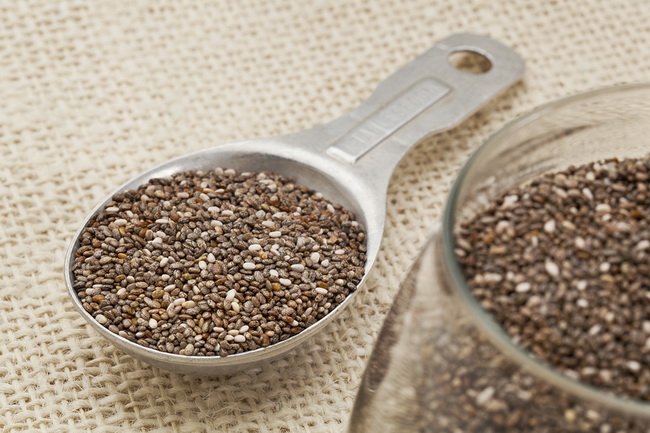- Make It Yourself Lavender Heart-Shaped Bath Bombs!
- 20 Things You Never Knew About “Down There”
- 12 Best Foods For Those Suffering From Arthritis Pain
- 12 Personal Hygiene Mistakes Almost Everyone Makes (Mom Never Told You About #4!)
- 15 Medicinal Plants And Herbs From The Cherokee People
- 12 Mind-Blowing Benefits Of Drinking Coconut Water During Pregnancy
- 12 Outstanding Winter Foods That Won’t Fatten You Up Like A Christmas Turkey
Protein Paradise For Vegetarians: 12 Non-Meat Sources Of Protein

Photo credit: bigstock.com
One of the things you learn in high school biology class is that proteins are the building blocks of life. They work as a source of fuel for the development of the body, and the building of body tissue and muscles. When the body digests protein, it breaks it down into amino acids. On average, women need 46 grams of protein and men need at least 56 grams of protein each day.
Although most people think of meat when it comes to protein sources, there are also plenty of other non-meat sources of protein, which are vital for those who wish to limit their meat intake or for vegans.
There are plenty of benefits to limiting your meat consumption. It helps to avoid high saturated fat and cholesterol levels that can lead to heart disease. Avoiding meat is also good for the environment, and saves a small fortune on grocery bills.
There are many foods vegans can eat to get all the protein their body needs without consuming meat. Although it might be difficult getting all the protein you need each day, it is possible with careful planning.
We made a list of the top 12 non-meat sources of protein. Although you might already be aware of some of these, a few of them might be new to you — giving you all the more reason to try them!
1. Hempseeds
Don’t worry (or don’t be disappointed) — no one will get high from hemp seeds. These seeds are only relatives to the medical marijuana many people consume. Hemp seeds contain all nine essential amino acids. They also have zinc, magnesium, calcium, and iron. For vegans, they are a rare source of essential fatty acids, like omega-3s, which can help naturally fight depression and are great for the heart.
2. Greek Yogurt
What makes Greek yogurt special is that it has the whey strained out. This makes a typical six ounce cup of Greek yogurt loaded with up to 20 grams of protein — much, much higher than traditional yogurt. This super probiotic food is also full of potassium, calcium, and a wide array of vitamins and minerals. Greek yogurt can be substituted for other fats when cooking baked goods. Eating more Greek yogurt can improve the immune system, prevent hypertension, lower bad cholesterol, and fight yeast infections.
3. Buckwheat
Buckwheat is not actually wheat at all, despite the name. In fact, it’s actually related to rhubarb. Most people eat seeds that have been ground into flour or cook the hulled kernels, which are then called groats, and are consumed similar to oatmeal. Buckwheat is super healthy and loaded with protein. If you have not yet tried it, you are in for a real treat!
Continue to Page 2
































